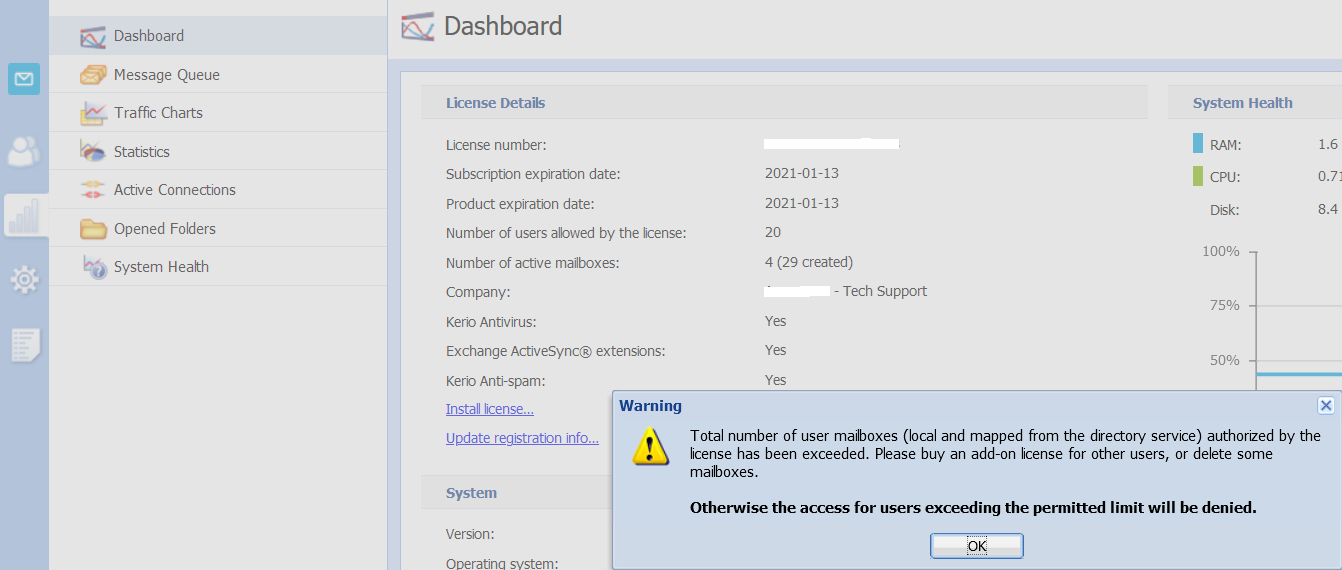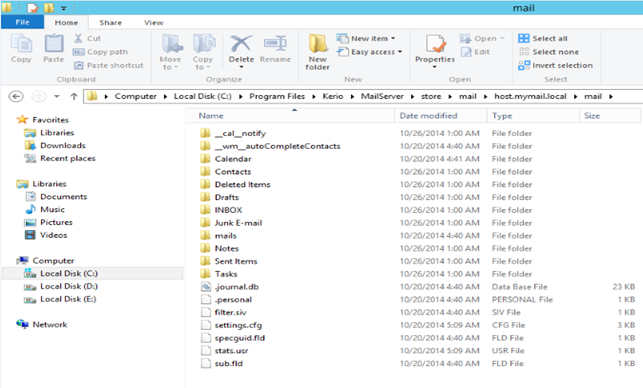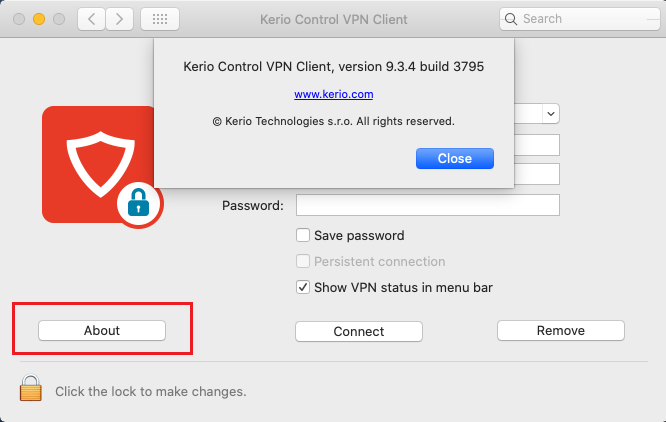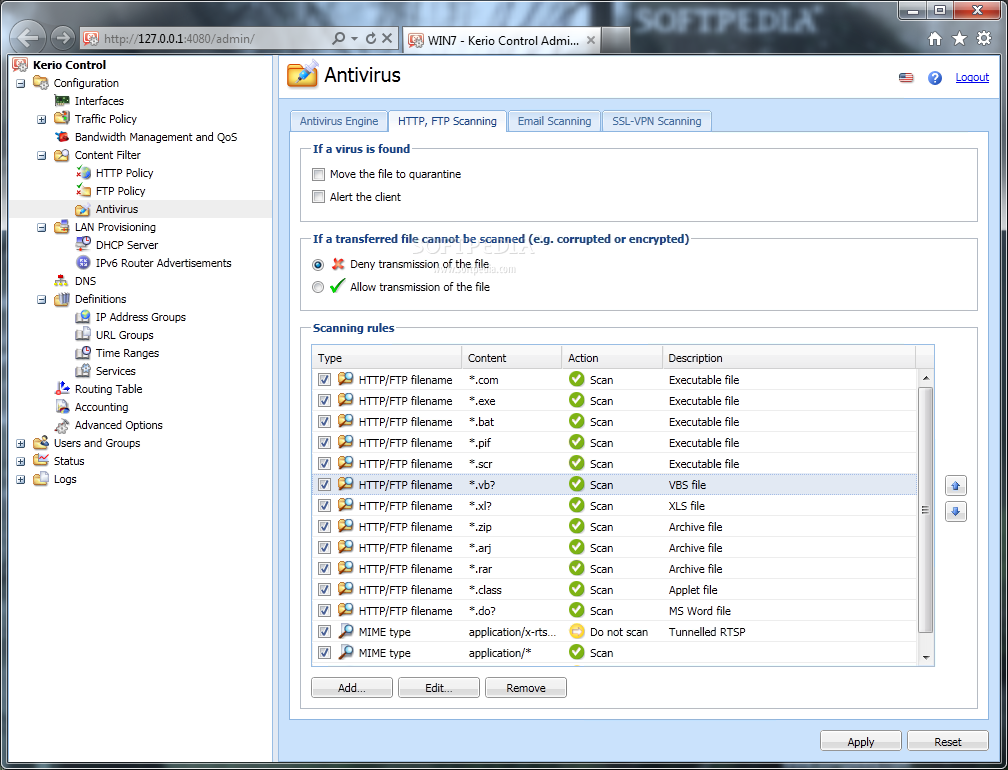
Kerio Connect 8.5, which appeared in May 2015, also supports multiple servers in an organization for the first time and should therefore solve the scaling problem.


Thus far, Kerio has focused on customers with up to a few hundred mailboxes. For example, an XMPP-based instant messaging service is included as of Kerio Connect 8.1. Most users of Kerio Connect appreciate the good integration of proven communication technologies.

As a member of the calendaring and scheduling consortium, CalConnect, Kerio created one of the first commercial CalDAV and CardDAV implementations. Kerio is one of the first third-party manufacturers that has managed to implement Exchange Web Services (EWS). The product is available for Linux, Windows, and Mac OS X. From Version 7 onward, the Californians referred to the product, which had in the meantime developed into groupware, as Kerio Connect ( Figures 1 and 2).įigure 2: Kerio Connect is tidy and modern.Īlthough some individual solutions from the Linux and open source environment, such as SpamAssassin, OpenSSL, and Qt, are integrated, Kerio distributes its product Connect completely, and without any exception, under a proprietary and purely commercial license. Kerio Technologies started in 1997 as a distributor of network software the first version of Kerio MailServer was launched in 2001. The terse comment from a manager at WebEx: "It didn't scale." Kerio Connect While Jabber lives on in Cisco communications products, WebEx Mail was counted out for good in February 2011. Cisco's stated goal: to establish the software-as-a-service offering Cisco WebEx Mail as the counterpart to offers from Google and Microsoft.Ĭisco also acquired the instant messaging pioneers Jabber Inc. Up until 2008, the team originating from Bulgaria and the United States developed a replica of Exchange that ran on Linux.Ĭisco then whipped out its wallet and acquired PostPath for $215 million. Somewhat unlucky in its hunt for customers, PostPath used to have quite a solid financial basis. In this article, we look at the latest developments in the open source groupware alternatives PostPath, Kerio, Kolab, Open-Xchange, Scalix, Tine 2.0, Zarafa, and Zimbra.

With all the billions that corporations spend worldwide on groupware, market shares of just a few percent are enough for smaller suppliers to survive.


 0 kommentar(er)
0 kommentar(er)
